This story is part of an investigative series and new documentary, The A-Word, by The Independent examining the state of abortion access and reproductive care in the US after the fall of Roe v Wade.
Twelve years old is a hard age for anyone — but it was particularly tough for Evie Lastra West, who struggled to “fit in” at her new Southern California public school in 1990.
She hadn’t thought much about her Mexican-American identity at her old private school, but now her fair skin and light hair made her stick out like a sore thumb among her classmates.
“I didn’t look like them. I didn’t act like them. I didn’t talk like them. I didn’t dress like them. Nothing about me was like them,” she told The Independent.
Evie started getting bullied, which led to her involvement in a gang for her own “survival”. It wasn’t long before she began experimenting with crime, drugs, alcohol and sex. Then, at age 16, she learned she was pregnant.
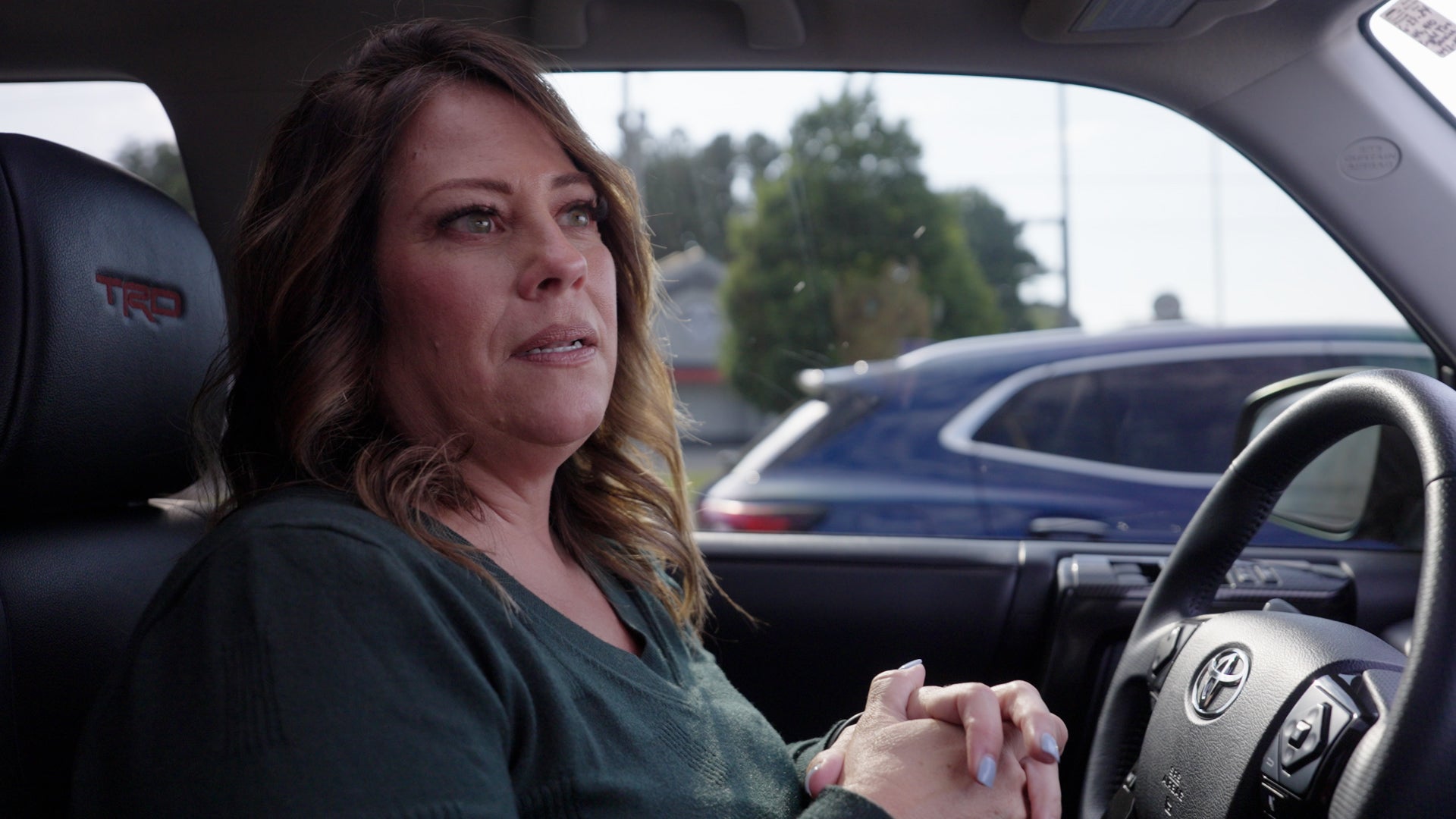
With a great family support system, she didn’t have to hide the news. She knew she could rely on her parents to provide anything she needed: diapers, formula, clothes, money.
“I think my mentality was just so immature that I didn’t consider all the factors that came with being a mom,” Evie said.
In February 1994, her son was born. After a week back home with him, she was already tired of being a mother, with no interest in caring for or bonding with her new baby.
“I’m bored out of my mind,” she thought at the time. “I don’t want to be here.”
All she wanted was to get a babysitter so she could go back to school and hang out with her friends.
But life didn’t go as she’d hoped. Her son’s father went to prison on drug-related charges, and she began dating another gang member. She stopped coming home on weekends. “I was literally spiraling out of control,” she said.
By 1996, her mom had had enough. She sent Evie and her son to Cleveland, Tennessee, to attend her alma mater Lee College, a private Christian university. It was a desperate bid to remove her daughter from “temptations”.
After getting on a plane — without saying goodbye to her parents — she found herself in an empty apartment 2,000 miles from home.
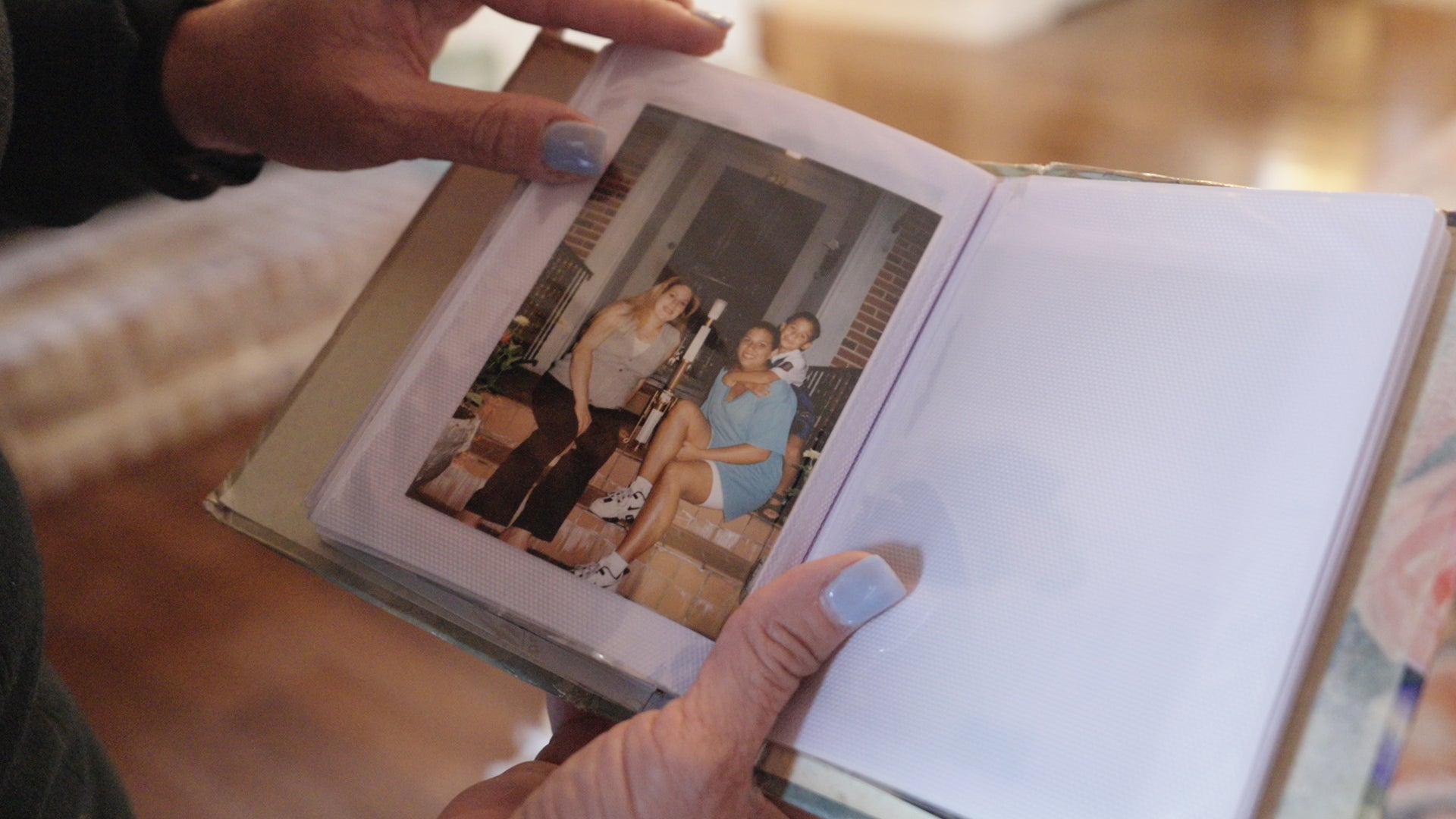
Evie was once again at a new school — but this time she knew exactly who she was. “I look like a gang member, and I act like one, and I talk like one,” she said. “I was met with a lot of love and acceptance and just people that were really interested in who I was, which was so different from what I was accustomed to.”
She followed the rules, taking her son to classes and attending chapel three times a week. There, she listened to a man preaching to students about the love of God. It made her wonder: “I had done so many things to hurt so many people, disrespected and dishonored my parents… Why would God love me?”
That night, she prayed, hopeful that she could start fresh and make substantial changes in her life.
But a few weeks later, she woke up vomiting. “You’ve got to be kidding me,” she thought. At 19, with a two-year-old son, she was pregnant again.
Still committed to changing her life, she grabbed the phone book in search of an abortion clinic — which she had often passed by in California. But she wasn’t in California anymore: “Not only am I in the Bible Belt, I’m in the buckle of the Bible Belt,” she said.
Now, abortion is almost totally banned in Tennessee. But even in the 1990s, there were no abortion clinics in Cleveland, Evie said.
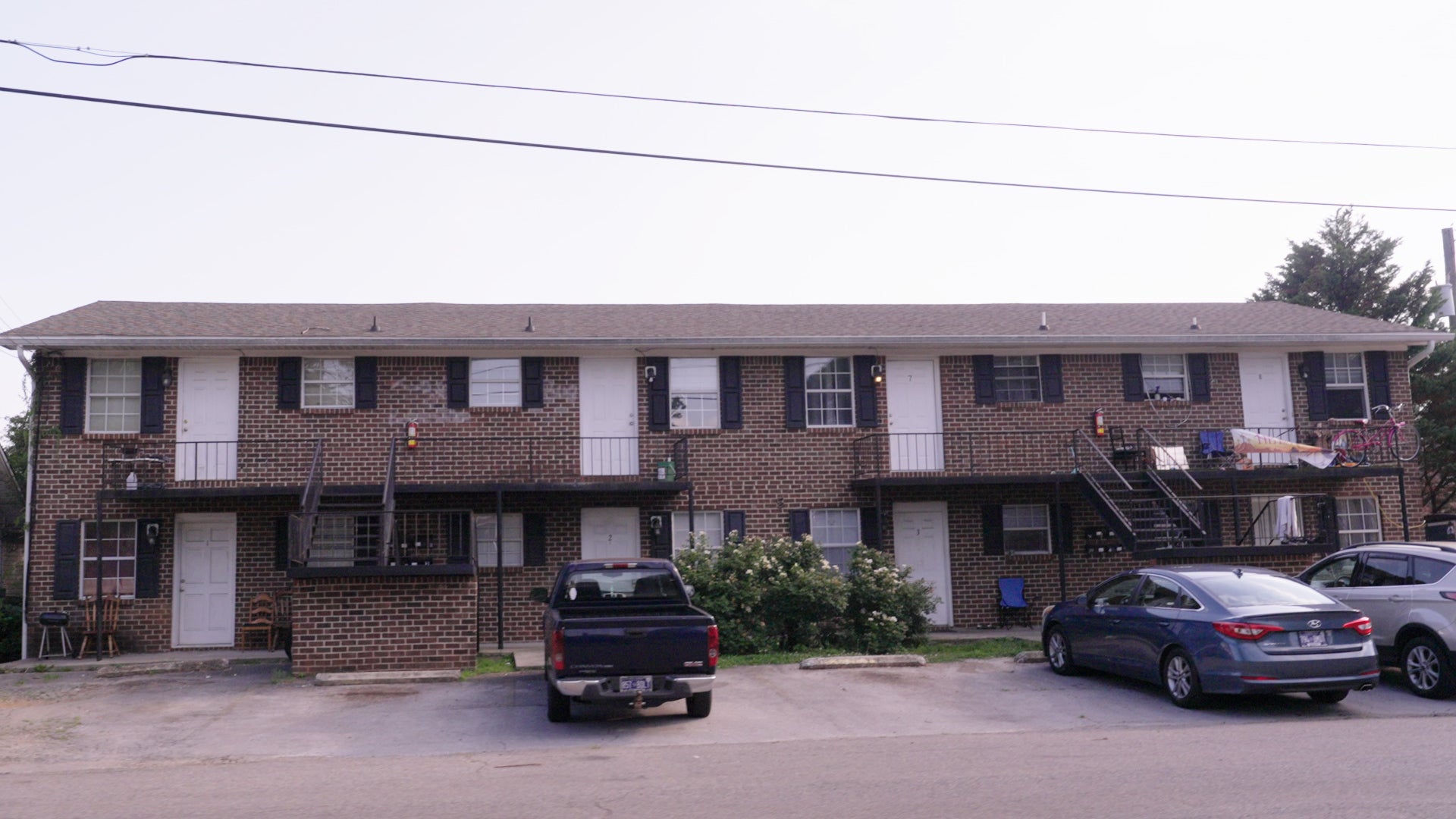
What she did find was New Hope Pregnancy Crisis Center, which offered “abortive counseling.” Hopeful that she could obtain an abortion, she made an appointment, unaware the facility was actually a crisis pregnancy center (CPC) that would only encourage carrying pregnancies to term.
When she got there, Evie filled out some paperwork and took a pregnancy test, only to return to a Bible on her chair. A counselor entered the room, saying she helped women who had obtained abortions “heal.”
Evie insisted that she needed the procedure: “I have no money, no job, no car. I cannot have this baby. I don’t want to have this baby.” But the counselor confirmed they didn’t in fact perform abortions there.
“I just need to get rid of this problem,” she thought – still “abortion-minded 100 per cent to the core”. When Evie made it clear that she would go elsewhere for the procedure, the counselor asked her to watch an “informational video”. Evie recalled watching a silhouette of a fetus suddenly “stop moving” after it ingested a fluid that had been injected into the womb.
The video “wrecked” her. She could no longer get an abortion, she decided.
Out of options, she went home that night and “cried and cried and cried and cried.” She was broke and too “embarrassed” to tell anyone that she had no food or money. So she prayed for help – and the next morning, she woke up to six full bags of groceries on her doorstep.
“I never told a soul and I’m looking at those groceries, and I feel like God is saying to me: ‘Hey, I’m going to take care of the situation. You have to trust me,’” she told The Independent.
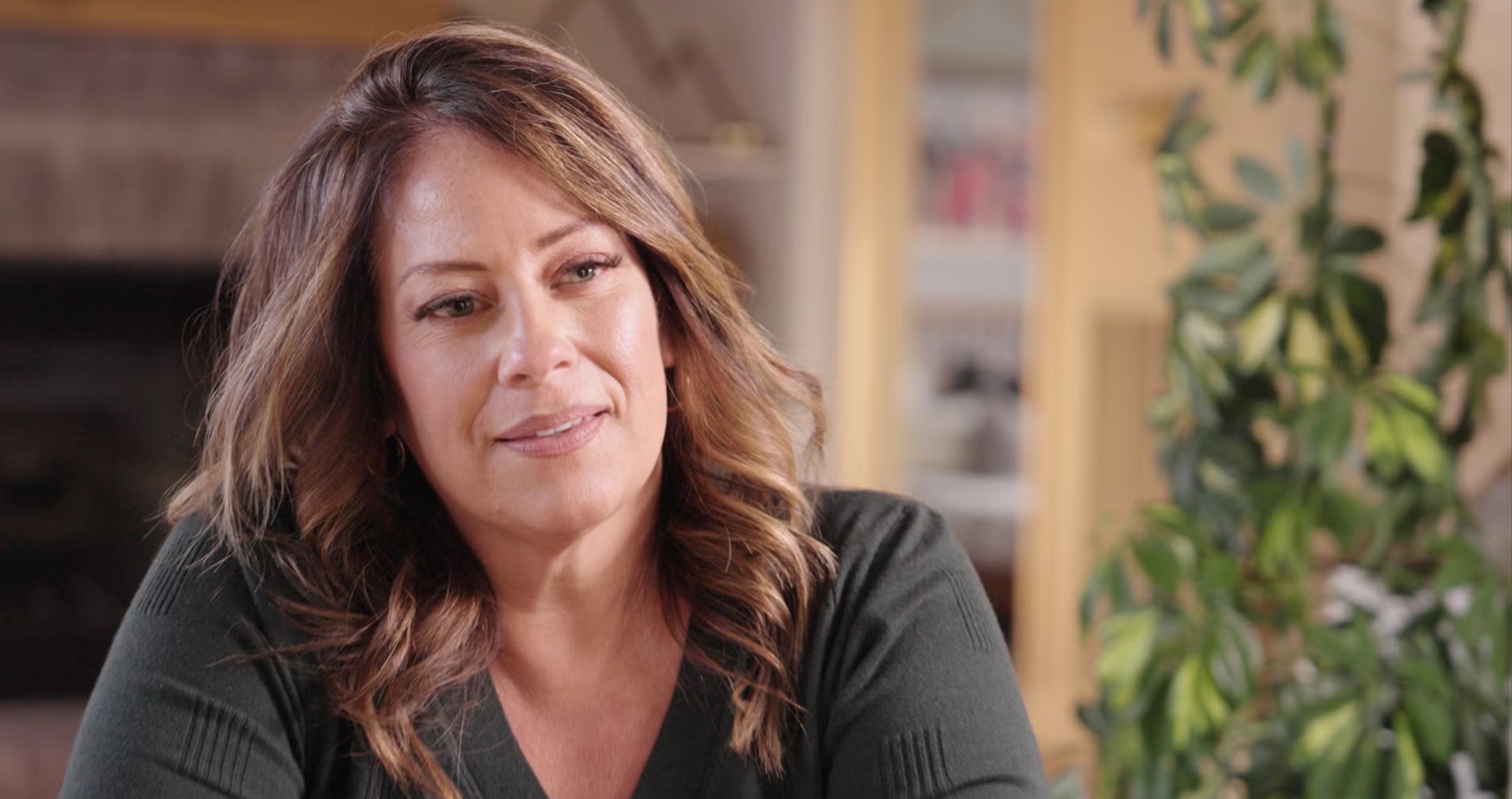
Evie never found out who left her the groceries. But it’s possible the CPC was behind the mysterious gift. Clinics often offer women free goods — in exchange for time and investment in the CPC’s programs.
Eventually, Evie decided her best option was to give her baby up for adoption.
“There was a point in my pregnancy where I didn’t want him, but when I realized how valuable his life was. He didn’t choose this, that he was created by God for purpose,” she said.
It wasn’t an easy decision. She gave birth to the child in July, and handing the baby over to the adoptive parents was gutting.
“I was so broken,” she recalled.
The post-partum pain hit both emotionally and physically. Depression and anxiety accompanied fresh incisions and unreleased breast milk. She prayed to God to help her endure such an “unnatural” feeling and felt a sense of calm.
“I felt as if somebody was standing over my head pouring lukewarm water in a pitcher, and it was covering every part of my body,” she told The Independent.
Evie believed that her newborn was in “good hands” and forced herself to move past her trauma. After all, she still had a now-2-year-old son to care for and needed to finish her degree.
After graduating, she became a police officer — a full 180 from the gang member she’d been just years before. She started visiting local schools and talking about her gang involvement, all memories that were much less “painful” for her to share than her adoption story.
But when New Hope asked her to speak at a fundraiser, she opened up about it and found that healing. After her New Hope speaking engagement, an agent asked if she’d be interested in speaking at CPCs across the country.
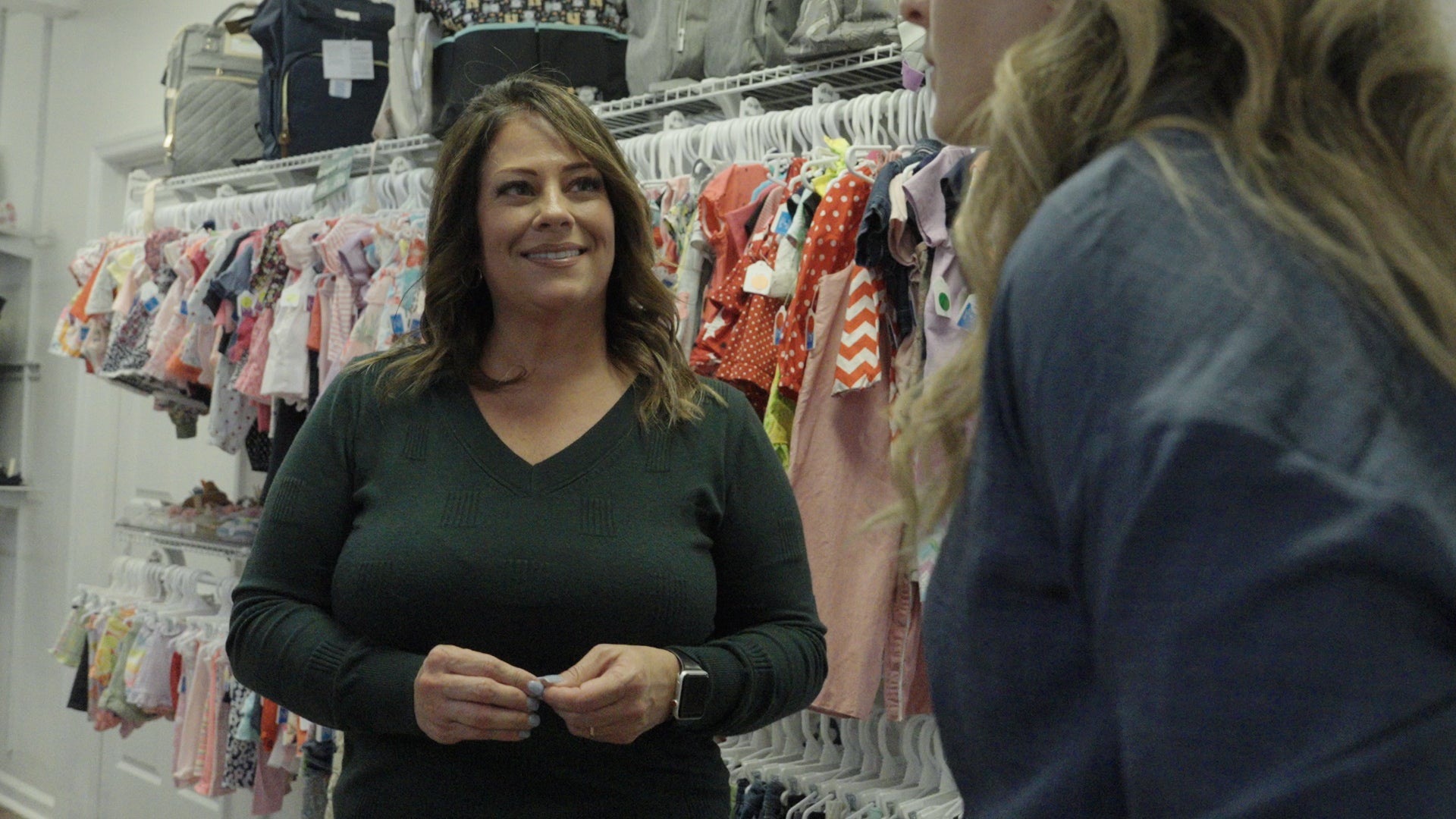
While Evie praised the anti-abortion clinic that helped her, many pregnant women and advocates have criticized their tactics. CPCs don’t offer a full spectrum of pregnancy care, but rather aim to deter women from getting abortions, critics charge — luring patients with free pregnancy tests and misleading advertising.
Reproductive rights advocates argue that such tactics can result in delayed care, potentially putting the mother’s health at risk and limiting her options.
Evie doesn’t think that New Hope manipulated her. From what she’s seen at the 150 CPCs she’s visited in the last 13 years, she believes the facilities offer support, resources and love to those in need.
She also insists the abortion video that changed her life offered “the truth about what abortion” is.
But Evie emphasized that she doesn’t judge others’ decisions: “I’m not going to try to convince anyone or twist their arm or make them feel bad.”
She added: “I know myself and I know that if I would have gone through having an abortion, I would have lived with so much guilt.”
Evie admitted that her experience came decades before Roe was overturned and restrictive abortion bans cropped up. As the November election nears, she stressed that she wouldn’t vote for a candidate who supports abortion. “I wish that women wouldn’t choose abortion. I understand why they do.”
Many women now face untenable situations in Tennessee, where pregnancies are legally mandated to continue regardless of whether they resulted from rape, whether the fetus has a fatal anomaly or whether the mother’s suffering a medical emergency.
Evie acknowledged that she’s never faced those exact circumstances – but, based upon her personal experience, urged anyone grappling with such difficulties to have faith.
“The only thing that I have that’s mine is my story and what I experienced and went through – and being able to look at my son and knowing that, because of that pregnancy resource center, my life was spared and the life of my son was spared.”







